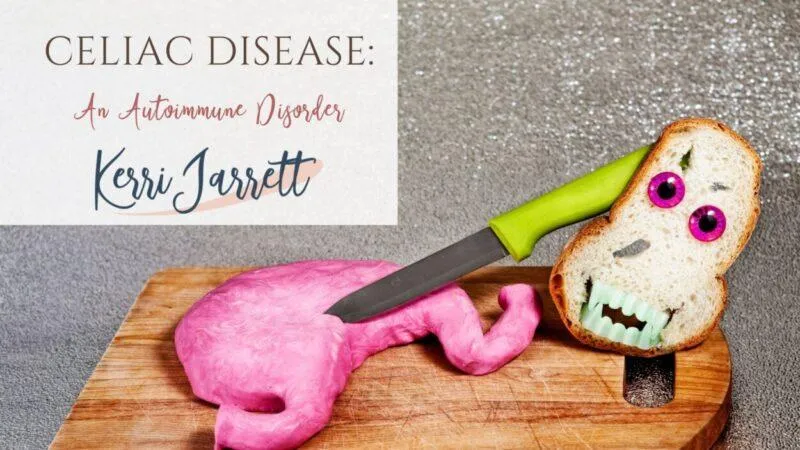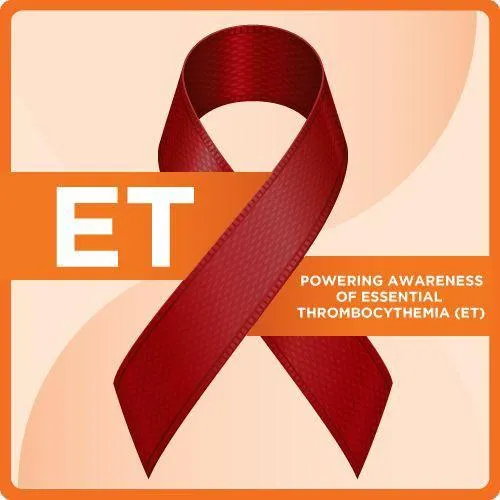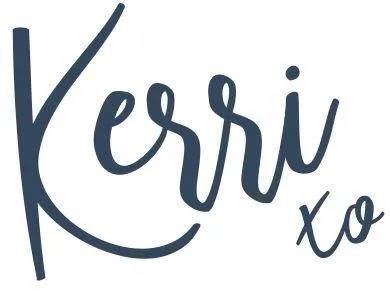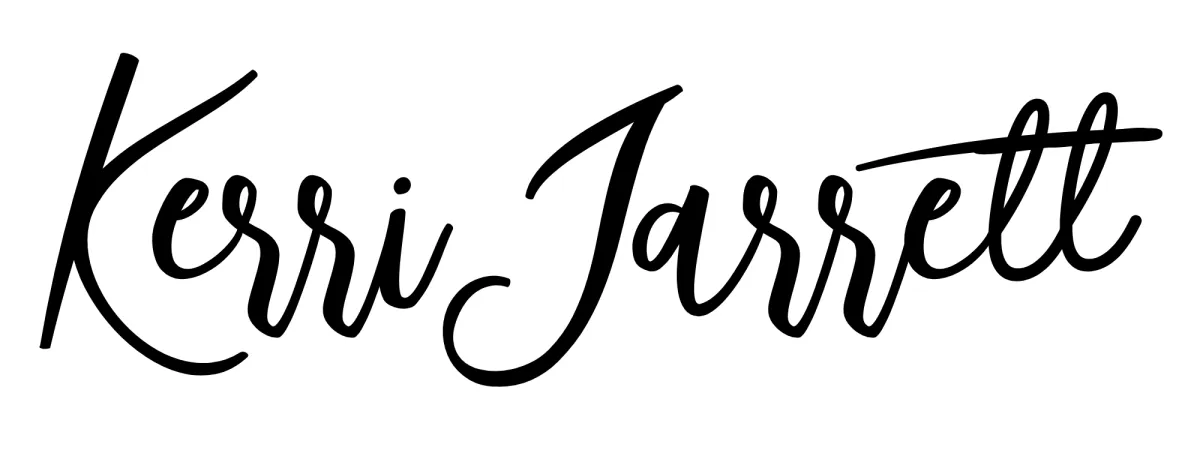THE ART OF INTENTION
Jewelry, Insights & More
Explore my handcrafted jewelry designed to inspire intention and self-awareness, serving as a meaningful reminder of your journey.
Looking for more? Follow me for ongoing insights into self-awareness, intention setting, and the mind-body-spirit connection, and join me for events and practices that support personal growth.
Why I Create Jewelry with Intention
Jewelry-making has always been more than a craft for me—it’s a way to process, focus, and ground my energy. With ADHD and Dyslexia, I’ve found that working with my hands helps me retain information, stay present, and deeply absorb what I’m learning. My creative process isn’t just about design—it’s about intention, clarity, and channeling energy into something meaningful.








The Science & Energy of Jewelry
Focus & Creativity: Jewelry-making activates both sides of the brain—allowing me to process research and deepen my retention while staying engaged.
Energy & Intention: The stones and symbols I use are chosen with care, based on their energetic properties and alignment with intention-setting.
Tactile Learning & Mindfulness: For those of us who thrive with hands-on engagement, jewelry isn’t just an adornment—it’s a powerful tool for focus and awareness.

Shop My Intentional Jewelry
Every piece I create carries meaning. If you’re looking for jewelry that is not just beautiful, but also helps you align with your intentions and focus, check out my latest collections.
👉 Shop Shop SENTIMENTAL GEMS
The Art of Expression: Blogging, Vlogging & Storytelling
Beyond creating jewelry, I have a deep passion for writing, blogging, and vlogging—sharing insights on the topics that inspire me most. From intention setting and self-awareness to business, creativity, and holistic well-being, my content is a reflection of the experiences, knowledge, and perspectives I’ve gathered along the way.
Whether through words or video, I love exploring big ideas, sparking meaningful conversations, and offering new ways to see the world.
📖 Read the latest on my blog
🎥 Watch my vlogs for deeper insights
Follow along and join the journey!

Celiac Disease and Hair Loss
An Autoimmune Disorder That Affected My Hair and Health
Celiac disease is more than just a digestive disorder—it’s an autoimmune condition that can impact your entire body, including your hair, skin, energy levels, and mental clarity. I know this firsthand because I have celiac disease, and it played a major role in my hair loss journey.
Like many people, I didn’t realize for years that gluten was silently wreaking havoc on my body. My symptoms weren’t just digestive—I was losing my hair, struggling with nutrient deficiencies, and constantly feeling exhausted. When I finally got my diagnosis, it all started to make sense.
This is why I’m so passionate about trichology, epigenetics, and educating others on how autoimmune conditions like celiac disease can affect hair health. The gut-hair connection is real, and understanding how your body processes (or reacts to) certain foods is a key factor in maintaining strong, healthy hair.
What Happens When Someone with Celiac Disease Eats Gluten?
For those with celiac disease, even trace amounts of gluten can trigger an immune attack on the small intestine. Instead of simply digesting gluten, the body mistakes it for a harmful invader and damages its own intestinal lining in an attempt to "defend" itself. This leads to:
❌ Malabsorption of nutrients like iron, biotin, zinc, and vitamin D—all of which are crucial for hair growth.
❌ Chronic inflammation, which can affect scalp health and hair follicles.
❌ Increased stress on the body, triggering autoimmune-related hair loss, such as Alopecia Areata or Telogen Effluvium.
Celiac Disease and Hair Loss: My Story
When I first noticed my hair thinning, I was shocked. I was doing everything “right” with hair care, yet my strands were falling out in handfuls. It wasn’t until I connected the dots that I realized: my gut health was impacting my hair health.
Like many with celiac disease, my body wasn’t absorbing the key nutrients needed for strong, healthy hair. Iron, zinc, and biotin deficiencies were contributing to my shedding, brittle strands, and slow regrowth. After transitioning to a strict gluten-free diet and focusing on gut healing, my hair started growing back stronger—but it was a journey of learning, trial, and error.
This experience is what led me to dive deeper into trichology, epigenetics, and the powerful link between what we eat and how our hair responds. If you’re struggling with unexplained hair loss, it’s worth considering how your gut health and diet might be playing a role.
Common Symptoms of Celiac Disease:
Not everyone with celiac disease experiences obvious digestive symptoms. In fact, many people (myself included) don’t realize gluten is affecting them until they develop symptoms in other areas of their health, including hair loss.
🔹 Digestive Symptoms: Bloating, diarrhea, constipation, nausea, and abdominal pain.
🔹 Nutrient Deficiency Symptoms: Unexplained hair loss, brittle nails, slow wound healing, and chronic fatigue.
🔹 Neurological Symptoms: Brain fog, migraines, depression, and anxiety.
🔹 Other Complications: Joint pain, osteoporosis, skin issues, and hormonal imbalances.
How is Celiac Disease Diagnosed?
Because its symptoms mimic so many other conditions, celiac disease can take years to diagnose. The standard process includes:
✅ Blood Tests – Checking for celiac-specific antibodies.
✅ Small Intestine Biopsy – Confirming intestinal damage caused by gluten.
✅ Elimination Diet & Genetic Testing – Sometimes used for additional confirmation.
One important thing to note: if you remove gluten before testing, your results may be inaccurate. That’s why it’s important to work with a healthcare professional before changing your diet if you suspect celiac disease.
Managing Celiac Disease: Beyond Just Avoiding Gluten
The only known treatment for celiac disease is a strict, lifelong gluten-free diet, but it’s more than just avoiding bread and pasta. Many people (including myself) experience nutrient deficiencies even after cutting out gluten. That’s why gut healing and nutrient restoration are key parts of long-term health.
✔️ Eliminate all sources of gluten—not just in food but also in medications, supplements, and even beauty products.
✔️ Avoid cross-contamination—shared kitchen tools, restaurant fryers, and even crumbs can trigger symptoms.
✔️ Read food labels carefully—gluten hides in unexpected places like sauces, seasonings, and processed foods.
✔️ Focus on gut healing—probiotics, bone broth, and anti-inflammatory foods can support digestion and nutrient absorption.
✔️ Address deficiencies—work with a nutritionist or healthcare professional to replenish lost vitamins and minerals.
Celiac Disease and Autoimmune Hair Loss: A Hidden Connection
Did you know that people with one autoimmune disorder are more likely to develop another? This means that celiac disease can be linked to conditions like Alopecia Areata, where the immune system attacks hair follicles, causing bald patches or thinning.
If you’re dealing with autoimmune-related hair loss, consider: 🔹 Supporting your gut health—since 70% of your immune system is in your gut, healing it can calm inflammation.
🔹 Balancing stress levels—autoimmune flares and stress are deeply connected, so practices like meditation, journaling, and deep breathing can help.
🔹 Ensuring proper nutrition—a well-balanced, anti-inflammatory diet with sufficient biotin, iron, and omega-3s is key for hair health.
Thriving with Celiac Disease & Taking Control of Your Health
When I was first diagnosed, I felt frustrated and overwhelmed—but today, I see it as one of the best things that happened for my health. It pushed me to understand my body better, optimize my nutrition, and help others do the same.
If you suspect gluten sensitivity or celiac disease, don’t self-diagnose—work with a healthcare professional to get accurate testing and guidance. Your body is always communicating with you—listen to it, fuel it well, and honor what it needs.
Want to See More? Let’s Connect!
My work goes beyond just jewelry and hair—I love exploring the connections between intention, creativity, and personal transformation. On my social platforms, I share insights into epigenetics, lifestyle, self-awareness, and how the energy we cultivate influences our daily lives. I also take you behind the scenes of my jewelry-making, hair artistry, and the creative process that fuels it all. Follow along for:
🔹 Epigenetics & Lifestyle
How our environment, mindset, and choices shape our well-being.
🔹 The Creative Process
Behind-the-scenes looks at my jewelry-making and design work.
🔹 Hair & Energy Work
The artistry of hair and how beauty connects to self-expression.
🔹 Intention & Self-Awareness
Setting purposeful goals and aligning with what truly matters.


Ready to Dive Deeper?
The Art of Intention: Aligning Science, Self-Awareness & Choice
The most important relationship you will ever have is the one with yourself. It shapes your decisions, your well-being, and even your genetic expression. The way you navigate life—your thoughts, habits, and actions—creates ripple effects that extend far beyond the present moment.
Through epigenetics , we see that intention isn’t just a mindset—it’s a powerful influence on your well-being. Your thoughts, habits, and environment shape your health and future at a cellular level. Here, you’ll find practical tools and insights to deepen self-awareness, create balance, and align with the life you’re meant to lead.
DISCLAIMER
I believe in transparency on the web and so we are disclosing that we’ve included certain products and links on this site that we recommend and use ourselves; that do earn an affiliate commission for any purchases you may make. We are independent and the opinions expressed here are our own. By taking any advice from this website you are agreeing to the following terms out lined on the following link: Disclaimer.
MY SUPERPOWER

Chronic illness does not define me; it empowers me.
- Kerri
COMPANY
FOLLOW @kerrijarrett

© 2025 Kerri Jarrett. All Rights Reserved.

